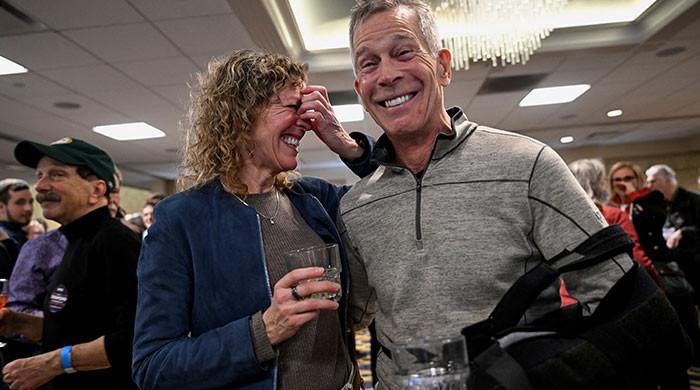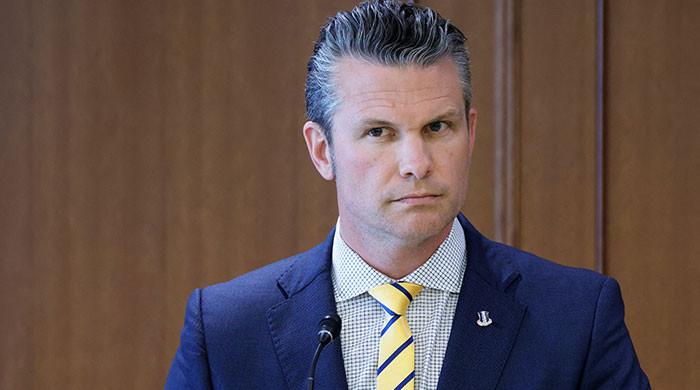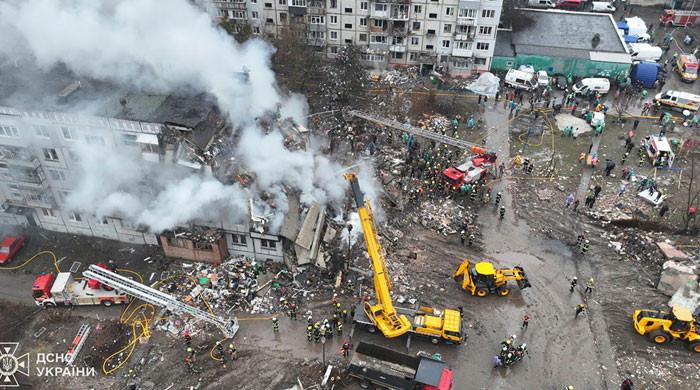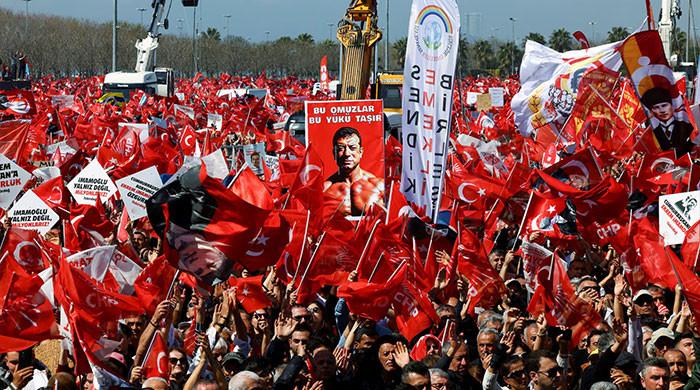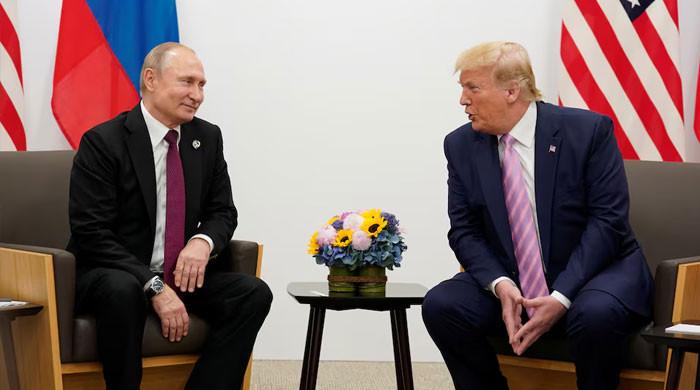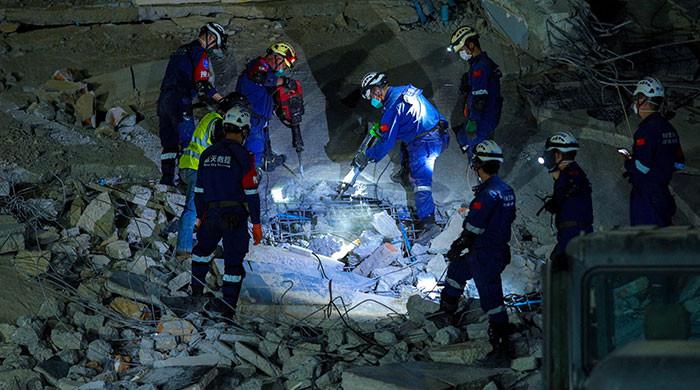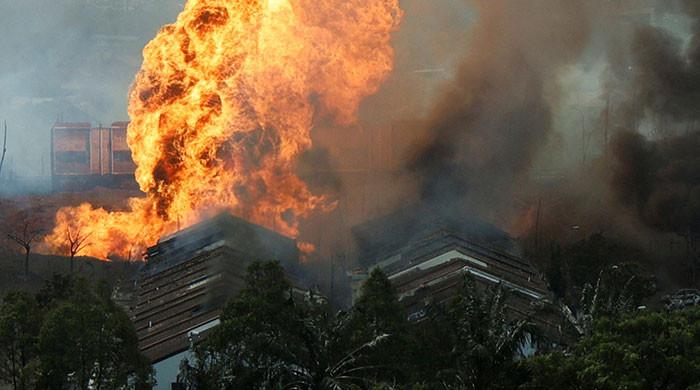Syrian protesters, forces clash kill 62
DAMASCUS: At least 62 people died in clashes in Syria when tens of thousands of protesters marked a "day of rage," activists said, as Washington and Brussels decided to slap sanctions on...
April 30, 2011
Syrian authorities said nine members of the security forces were killed at the hands of "terrorist groups" in Friday's unrest.
Pro-democracy protests were held against President Bashar al-Assad's regime in most cities and major towns after Muslim weekly prayers, as on past Fridays since last month, witnesses said.
At least 33 civilians were killed in and around the protest epicentre of Daraa, the London-based Syrian Observatory for Human Rights told AFP in Nicosia, adding it had a list of names of those confirmed killed.
Military officials said five soldiers were also killed and two captured by "armed terrorists" in the Daraa region of southern Syria.
And 27 civilians were killed in and around the industrial city of Homs, north of Damascus, the Observatory said, and two more in the Mediterranean port city of Latakia.
A military spokesman said one of the troops killed was a victim of "armed terrorists" who raided the family homes of soldiers in villages around Daraa. Dozens of assailants were killed and wounded, and 156 arrested, he said.
Three soldiers were killed when "another terrorist group" tried to cut off the main highway linking the cities of Homs and Hama, north of Damascus, the spokesman said, quoted by the state news agency SANA.
A policeman in Daraa was also among the dead.
As the violence raged, Washington blocked the assets of the president's brother Maher al-Assad, who commands Syria's feared Fourth Armoured Division, of several other top officials and its intelligence services.
"We continue to condemn in the strongest possible terms the absolutely deplorable actions that the Syrian government is taking against its own people. The violence must end immediately," US Secretary of State Hillary Clinton said.
EU ambassadors meeting in Brussels launched preparations for an embargo on the sale of weapons and equipment that might be used for internal repression.
The 27-nation bloc will also "urgently consider further appropriate and targeted measures with the aim of achieving an immediate change of policy by the Syrian leadership", said EU foreign policy chief Catherine Ashton.
In addition, the EU decided to put the brakes on an association agreement that could open the way for Syria to win preferential trade deals with the EU, Ashton said.
In Geneva, the UN Human Rights Council endorsed a US call for an investigative mission on the bloodshed as it voted in favour of a resolution condemning the crackdown on protests.
Ahead of Friday's bloodshed, dissidents said security forces using live rounds and tear gas already killed more than 450 people since the pro-democracy protests erupted in mid-March.
The call for mass demonstrations was issued on a Facebook page, The Syrian Revolution 2011, a motor of the protests in which demonstrators inspired by uprisings across the Arab world are seeking greater freedoms.
Assad's embattled regime reiterated its running ban on demonstrations, despite having lifted a decades-old law barring them earlier this month, as the Muslim Brotherhood accused it of "genocide."
Information Minister Adnan Mahmud said the crackdown would continue, saying the "authorities are determined to restore security, stability and peace to the citizens. (AFP)




